
On the production floor of Visionox, one of the world's leading suppliers of advanced displays based in Kunshan, Jiangsu province, a line of technicians in cleanroom suits closely monitor a sheet of deep-purple glass the size of a door.

Even in mid-December, farmlands at the Nanfan Scientific and Research Breeding Base in the southern Hainan city of Sanya remain a lush green. Rice, cotton, soybeans and a wide range of grain, fruit and vegetable crops thrive here. Lin Dezheng, a 35-year-old farmer, moves between the fields, carefully recording key growth data for the crops.
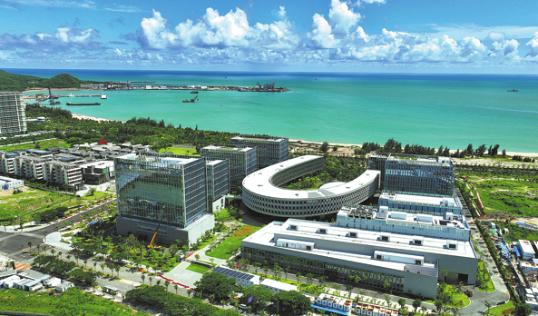
For many Chinese people, Sanya in South China's Hainan province is the ideal destination for coastal tourism. However, for many business startups, the city is emerging as a prime choice for entrepreneurial success.

Justin Yifu Lin, dean of the Institute of New Structural Economics at Peking University, told China Perspective in a recent exclusive interview that China is expected to step up policy efforts next year to address key bottlenecks in building a unified national market.
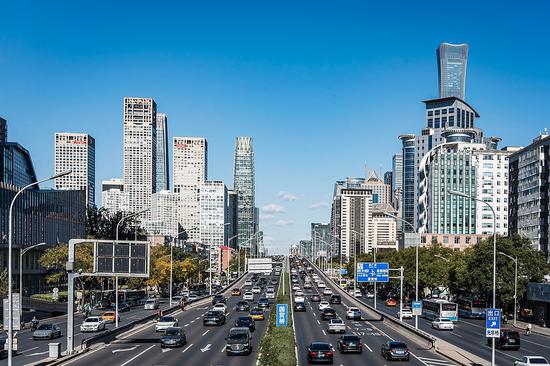
China will step up macroeconomic policy support next year, intensifying efforts to expand domestic demand, deepen market reforms and stabilize the property sector, officials and experts said.
China on Thursday launched island-wide special customs operations in the Hainan Free Trade Port (FTP), the world's largest FTP by area, allowing freer entry of overseas goods, expanded zero-tariff coverage and more business-friendly measures.

As China's Hainan Free Trade Port (FTP) launched island-wide special customs operations Thursday, the first batch of petrochemical raw and auxiliary materials imported under the zero-tariff policy arrived at Yangpu Economic Development Zone.

An e-commerce host guides customers through off-island duty-free online shopping in Haikou, Hainan province, on Wednesday. The Hainan Free Trade Port starts island-wide special customs operations on Thursday.

Expanding domestic demand will be the top priority of China's economic policy in 2026, according to an official from the Office of the Central Committee for Financial and Economic Affairs.

China has approved market access for its first batch of Level 3 autonomous driving passenger vehicles, the Ministry of Industry and Information Technology said Monday, a milestone in the commercial rollout of conditionally automated driving technology.
Economists expect China's 2026 policy agenda to place greater weight on domestic demand and innovation-led growth, sharpening the focus on long-term expansion and rebalancing the country's growth model.
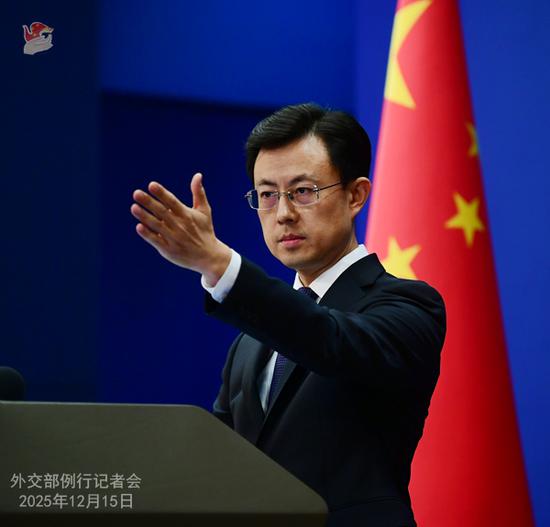
The National Archives Administration of China on Saturday published a batch of declassified Russia-provided archives on Soviet interrogations of the Japanese Unit 731 in Khabarovsk. The archives contain interrogation records of Unit 731 members and investigation reports on the unit's crime
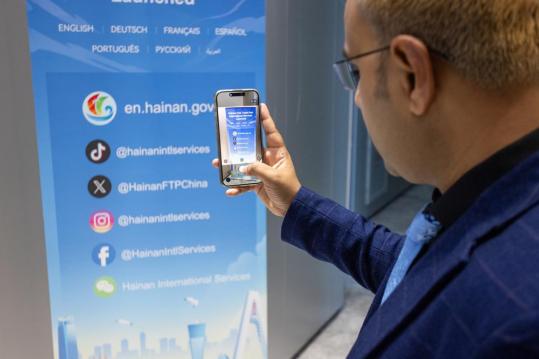
international services portal

China's resolve to promote innovation-driven development to accelerate the cultivation of new growth drivers is expected to help the country gain an edge in strategic emerging fields and tech frontiers, and boost the nation's long-term competitiveness globally amid external uncertainties, said experts, economists and company executives.
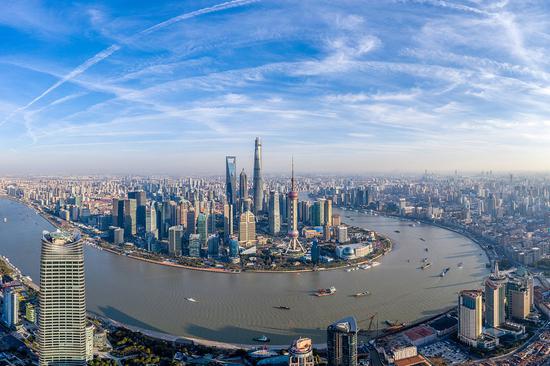
The Ministry of Commerce launched the "Big Market for All: Export to China" initiative in November, aimed at boosting imports and providing a new channel for global products to enter the Chinese market."The market is massive in scale and very diverse, from top-tier cities to lower-tier cities that are also growing in wealth with advanced demands."
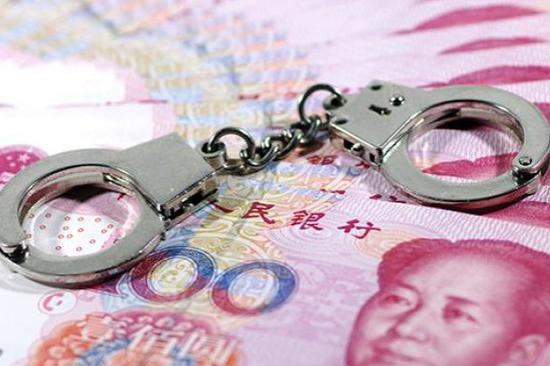
China's top judicial authorities are placing a strong emphasis on financial security, pledging to continue their rigorous crackdown on corruption in the sector.
China must deliver substantial progress and new breakthroughs in boosting scientific and technological innovation, fostering new drivers of growth, and promoting economic structural improvement and upgrading, Xi said.But China remains steady-handed: the tougher the challenges, the more it will lean on reform and opening-up to unlock potential and cultivate new drivers of growth.
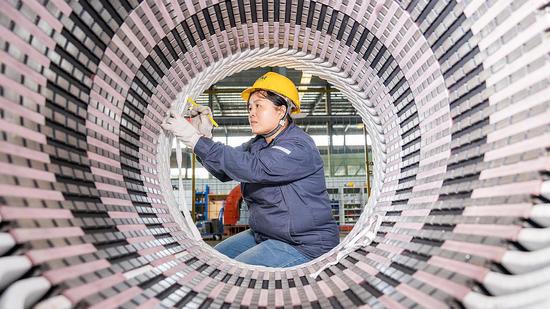
China will strive to keep economic growth stable next year while maintaining overall stability in employment, prices and the balance of payments, a senior official said on Saturday.

The annual Central Economic Work Conference was held in Beijing from Wednesday to Thursday as Chinese leaders decided priorities for the economic work in 2026.
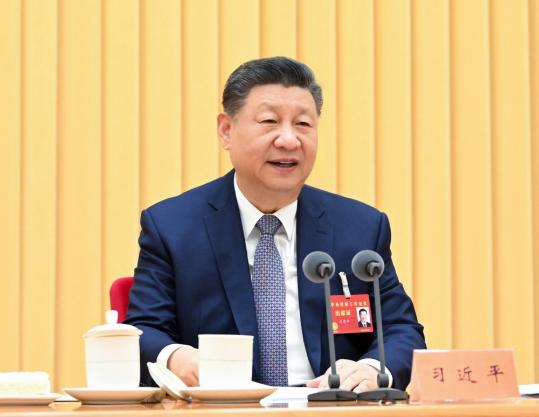
Xi Jinping, general secretary of the Communist Party of China Central Committee, Chinese president and chairman of the Central Military Commission, delivers an important speech at the annual Central Economic Work Conference in Beijing.
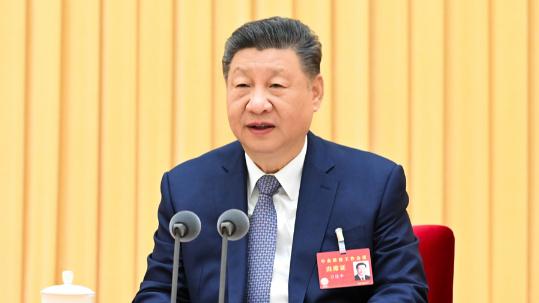
Xi Jinping, General Secretary of the Communist Party of China Central Committee, Chinese president and chairman of the Central Military Commission, delivers an important speech at the annual Central Economic Work Conference in Beijing, capital of China.
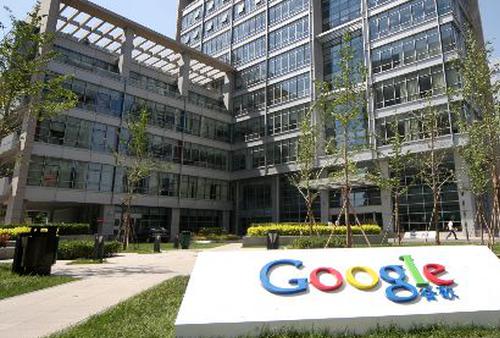
The European Union has launched a new investigation into the Google search engine, to find out if it is breaking the bloc's competition rules by not adequately paying publishers for their content, and whether the company is setting unfair conditions on content creators who do not want to share their work.
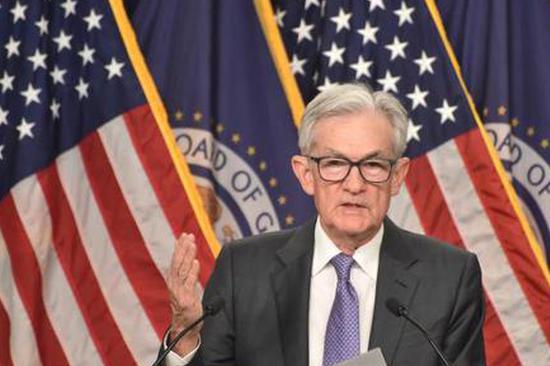
The US Federal Reserve on Wednesday local time decided to lower the target range for the federal funds rate by 25 basis points to 3.5-3.75 percent, marking its third rate cut this year.

Recent fiscal measures, accommodated by stability in global trade policies, are expected to support both investment and exports, while existing headwinds are likely to persist.
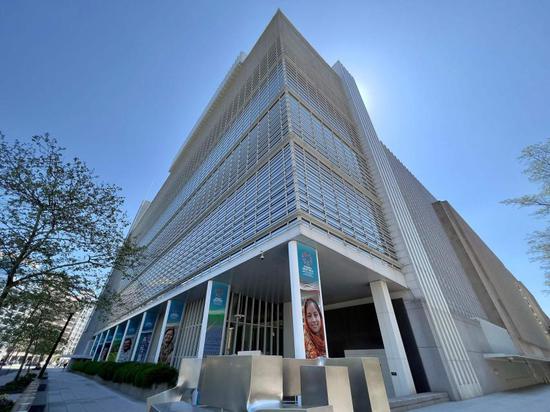
Several international financial organizations have raised their growth forecasts for China's 2025 economy in recent days.

China's economy is poised for resilient growth in 2026 and beyond, supported by a pro-growth macroeconomic policy combination and a stronger push to prioritize the shift toward a consumption-driven growth model, leading international and domestic economists said.

China has successfully deployed the world's largest high-altitude wind energy collector, a giant 5,000-square-meter kite or "wind-catching sail", marking a crucial step in the nation's cutting-edge exploration of renewable energy from high-altitude winds.

China's first national-level continental shale oil demonstration zone, located in Xinjiang Uygur autonomous region, has achieved its annual crude oil production target of 1.7 million metric tons ahead of schedule, its operator, China National Petroleum Corporation (CNPC) said.

China is set to intensify its push to cultivate new quality productive forces next year, creating abundant opportunities for foreign companies in sectors such as smart connected vehicles, biomanu-facturing and hydrogen energy, policymakers and experts said.
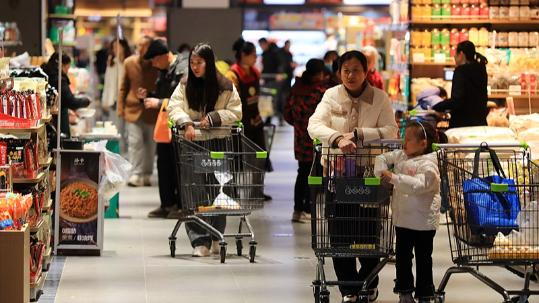
In its 15th Five-Year Plan period (2026-2030), China will position the retail sector as a pivotal force in building a robust domestic demand system, steering it toward a quality-oriented and services-oriented model for high-quality development, a commerce official said on Tuesday.
 京公网安备 11010202009201号] [京ICP备05004340号-1]
京公网安备 11010202009201号] [京ICP备05004340号-1]